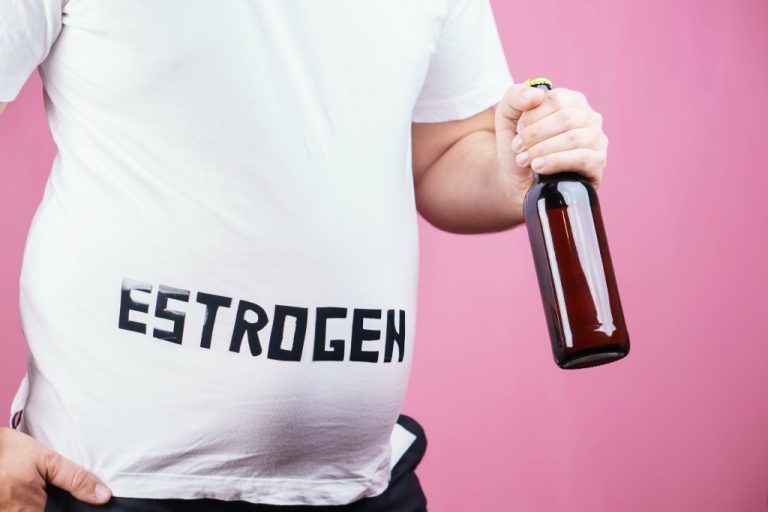Medical support can also wean you from certain substances slowly, helping the brain and body adjust to the loss of the substance more gradually and minimizing some withdrawal symptoms. These benefits not only ease the discomfort of the detox process, but also help Sober House to prevent relapse during this stage of treatment. Sometimes people in this stage do show up for addiction treatment, but it’s not by their own volition. Typically, it’s because family, friends, an employer or perhaps a court has forced them into treatment.
- In the United States, most states have low-cost or free rehabilitation programs for those who are uninsured.
- Such symptoms are often related to mood and may include irritability, anxiety, depression, sleep problems, and fatigue.
- Those with a wider circle of support have a better chance of staying sober.
- Also during this stage of your rehabilitation, you will learn to put the tools that you learned in early abstinence to use in other areas of your life, so that you can continue to live a truly sober lifestyle.
- Quitting alcohol consumption affects drinkers’ sleep patterns differently.
Learning Objectives
Dealing with grief in recovery from addiction can be incredibly complex and challanging. When most people drink to their tolerance level, they exhibit signs of intoxication. Those signs include slurring words, loss of https://stocktondaily.com/top-5-advantages-of-staying-in-a-sober-living-house/ balance and poor physical coordination. Early-stage alcoholism is the beginning of the person’s chronic use and pathway to abusing alcohol. Early-stage alcoholism is the beginning of the person’s chronic alcohol use.
Why Should We Be Concerned About AUD and Alcohol Addiction?

Creating a sustainable new lifestyle without or with less alcohol requires navigating both highs and lows. Growth happens in discomfort, and it’s important to recognize challenging moments as learning opportunities. Loss of appetite is common in the early stages of changing your relationship with alcohol, and hydration is crucial to replenishing the body. Whole grains, fruits and vegetables, and proteins low in fat are all beneficial to boosting energy and feeling full on a sensitive stomach. Alcoholics Anonymous or Narcotics Anonymous groups help people struggling with substance abuse and addictions. Connecting with other people who are experiencing the same challenges as you can be comforting and helpful.
How Long Does Alcohol Recovery Last?
Drinking alcohol can create problems in every area of life, including your physical health, mental health, social life, work-life, and overall wellbeing. Make a list of the ways drinking has negatively impacted your life. You may want to reflect on this list when you feel cravings to drink. Other research pinpoints the values of cognitive behavioral therapy for relapse prevention, as it helps people change negative thinking patterns and develop good coping skills. It is recommended that alcohol abuse recovery take place at an inpatient facility in more serious cases. Whatever the choice of treatment, some patients will embrace their new lives after being done with drinking.
Because he is a member of a support group that stresses the importance of anonymity at the public level, he does not use his photograph or his real name on this website. After two weeks of total abstinence from alcohol, the most common symptom reported is insomnia, but that could be attributed to other factors, as well. “Symptoms are reducing daily, and I have had the best two night’s sleep in a very long time. Just loving waking up without counting the hours to the next drink.” “Lightheaded, dizzy, no sleep, pale, weak, and it feels like electric shocks shoot through my body every so often. Crazy anxiety.” “The third day sober feels like I’m in a big black hole and under great pressure—hard to breathe, future feels bleak, lost an old trusted friend in alcohol, can’t find an alternative.” “Doing OK. No major symptoms. This is to let folks know that not everyone has severe physical symptoms.”
Alcohol Tolerance
- And while care can feel preventative, not responsive, it means you’re setting yourself up to confront life’s challenges as your most perseverant, present self.
- If underlying issues are left unresolved, however, one faces a higher risk of forms of compulsive behavior other than compulsive drinking, such as gambling, excessive sport, excessive sexual activity, or compulsive eating.
- It may sound backward, but the person may feel that they function better when they are intoxicated.